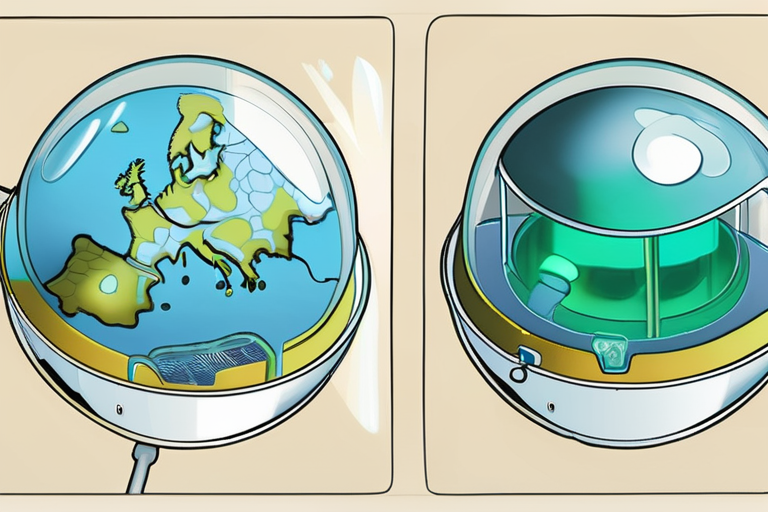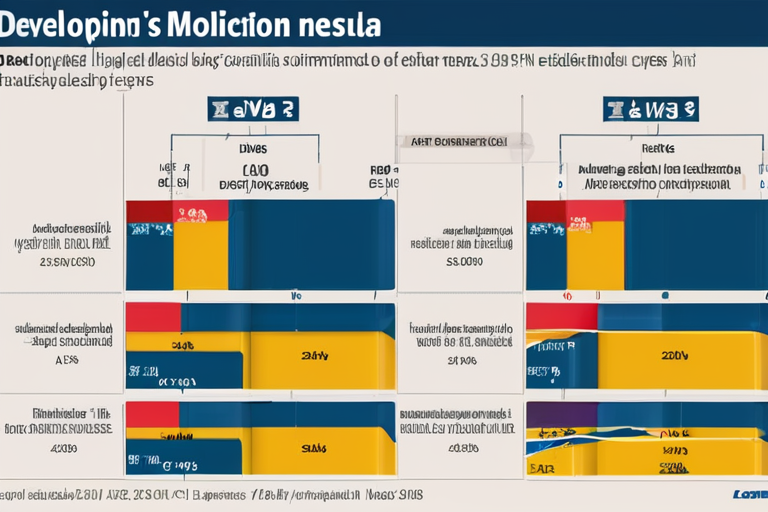European Scientists Unite to Shine Light on Tiny Plankton's Climate Power


Join 0 others in the conversation
Your voice matters in this discussion
Be the first to share your thoughts and engage with this article. Your perspective matters!
Discover articles from our community

 Hoppi
Hoppi

 Hoppi
Hoppi

 Hoppi
Hoppi

 Hoppi
Hoppi

 Hoppi
Hoppi

 Hoppi
Hoppi

Global Markets Suffer Heavy Losses as Investors Reassess Dollar's Reserve Currency Status The global markets experienced a significant selloff yesterday, …

Hoppi

BREAKING NEWS Federal Government Shutdown Enters Day 10, Permanent Cuts Loom as Politics Intensify President Trump has announced plans to …

Hoppi

FONTAINES D.C. AND EZRA COLLECTIVE AMONG WINNERS AT 2025 INDEPENDENT MUSIC AWARDS: FULL LIST LONDON - Fontaines D.C., Ezra Collective, …

Hoppi

NASA Told to Use House Budget as Shutdown Looms In a last-minute decision, NASA has been instructed by the White …

Hoppi

Breaking News: Moldova's Election Result Hangs in Balance as Leader Warns of Russian Meddling Threat Moldovans have voted in parliamentary …

Hoppi

Breaking News: ABC Suspends Jimmy Kimmel's Show Indefinitely Amid Controversy Over Comments on Charlie Kirk's Death ABC has indefinitely suspended …

Hoppi